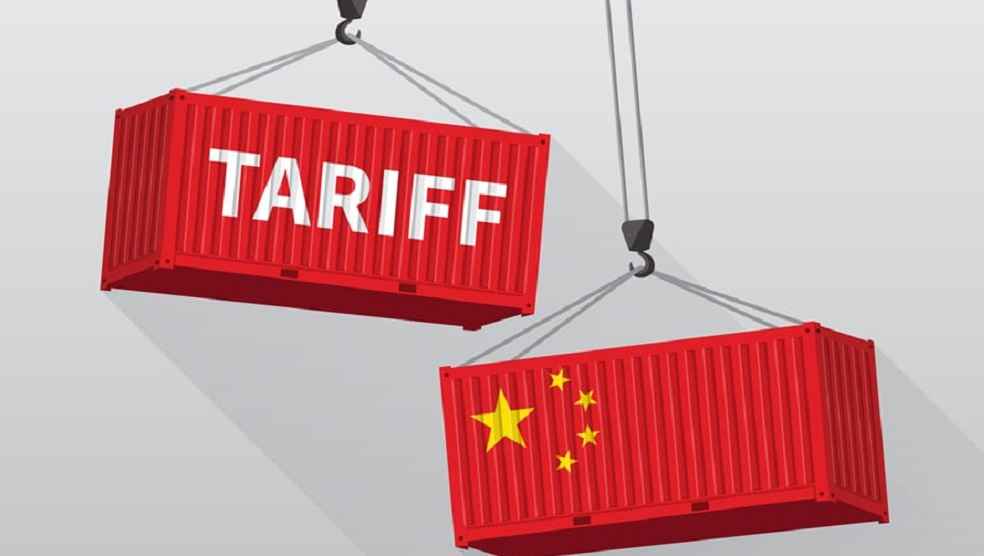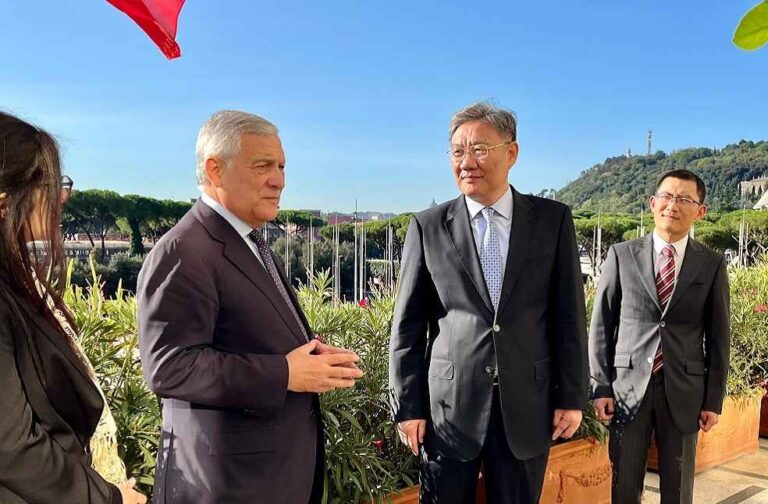Foreign Minister Antonio Tajani reaffirmed Italy’s support for the European Commission’s proposed tariffs on Chinese EVs imports. During a conversation with Corriere della Sera, ahead of a key meeting with China’s Commerce Minister Wang Wentao, Tajani emphasized Italy’s commitment to shielding European companies from unfair competition. “We back the EU Commission’s duties proposal to safeguard the competitiveness of our companies,” Tajani noted.
Wang Wentao, currently on a European tour addressing the EU’s anti-subsidy investigation into Chinese EVs, met Tajani in Rome on Monday. Although the official Italian statement omitted direct references to EVs, key topics like intellectual property rights, agri-food trade, and investment took center stage. The conversation also extended to global security challenges, including the Ukraine conflict, unrest in Gaza, and shipping risks in the Red Sea. Italy urged Beijing’s intervention in curbing arms supply to Russia and resolving maritime threats.

Wang’s schedule includes a significant meeting with European Commission Executive Vice President and Trade Commissioner Valdis Dombrovskis on September 19, where the proposed EV tariffs will be a focal point.
Italy had already aligned with the EU’s stance through a non-binding vote earlier in the year. Industry Minister Adolfo Urso, while backing the tariffs, hinted at exploring diplomatic channels for resolution. Given Italy’s standing in the global automotive market, with brands like Fiat (now under Stellantis), talks have unfolded with Chinese automakers such as Dongfeng and Chery Auto on establishing production plants within Italy to bolster domestic output.

Tajani underscored that Italy’s decision to support the tariffs does not compromise its relationship with China. Prime Minister Giorgia Meloni’s July visit to China sought to deepen ties after Italy’s exit from the Belt and Road initiative. Later this year, President Sergio Mattarella will visit China, with Tajani expected to join the delegation.
The European Commission’s ongoing deliberations point to potential tariffs reaching 35.3% on Chinese-built EVs, alongside the existing 10% duty on car imports. These measures are part of a broader strategy to counteract the competitive edge Chinese manufacturers have gained in the European market, reinforcing Europe’s dedication to protecting its industries while navigating complex global relationships.
BUSINESS GENERAL | German SMEs Seek Deeper Trade Collaboration with Malaysia for Sustainable Growth



